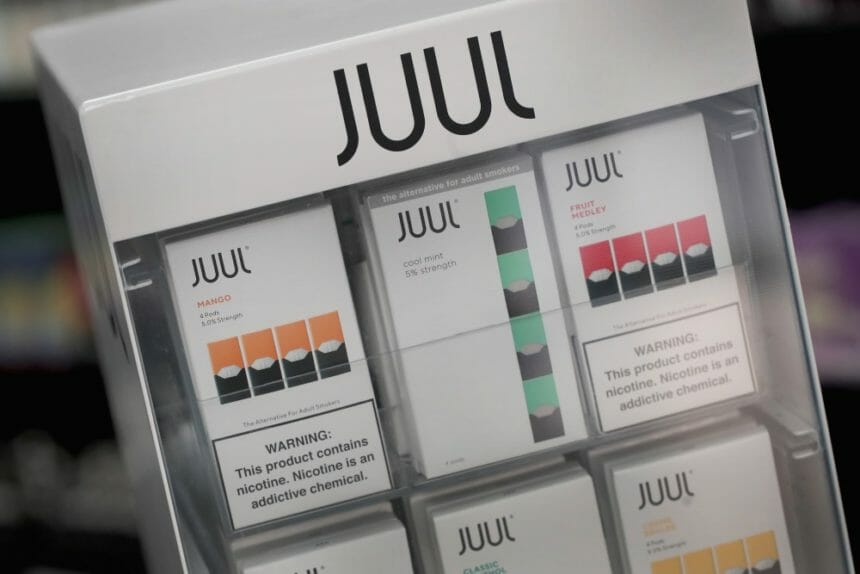The FDA has conducted a surprise inspection of Juul’s headquarters. The federal agency left with more than a thousand documents related to the e-cigarette-maker’s sales and marketing practices. The FDA has been cracking down on e-cigarette sales to minors. (New York Times)
GlaxoSmithKline is lifting its ban on paying doctors to promote products. However, the company will only pay doctors in certain circumstances, including payments to experts who speak about the science behind new medicines. GSK implemented the ban in 2013 after a major bribery investigation in China. (Reuters)
The work behind the Nobel Prize in chemistry led to several top-selling drugs. Humira, AbbVie’s blockbuster and the top-selling prescription drug in the world, and Cyramza and Portrazza, both cancer treatments made by Eli Lilly, are based on the work by the three Nobel-winning scientists. (STAT)
The FDA has revised a guidance to stop drugmakers from gaming the citizen petition system. The guidance allows the FDA to reject petitions it determines are only meant to delay the approval of a new drug application. Some drugmakers have submitted petitions to delay the approval of generics. (Endpoints)
Roche is expected to break into the hemophilia space with Helimbra. The drug has been approved for patients with resistance to other treatments, but it is expected to win approval for all patients this week. The approval would put Roche in a competition with established hemophilia products from Shire, Bayer, Novo Nordisk, and Octapharma Helimbra could reach $5 billion in global annual sales. (Reuters)







